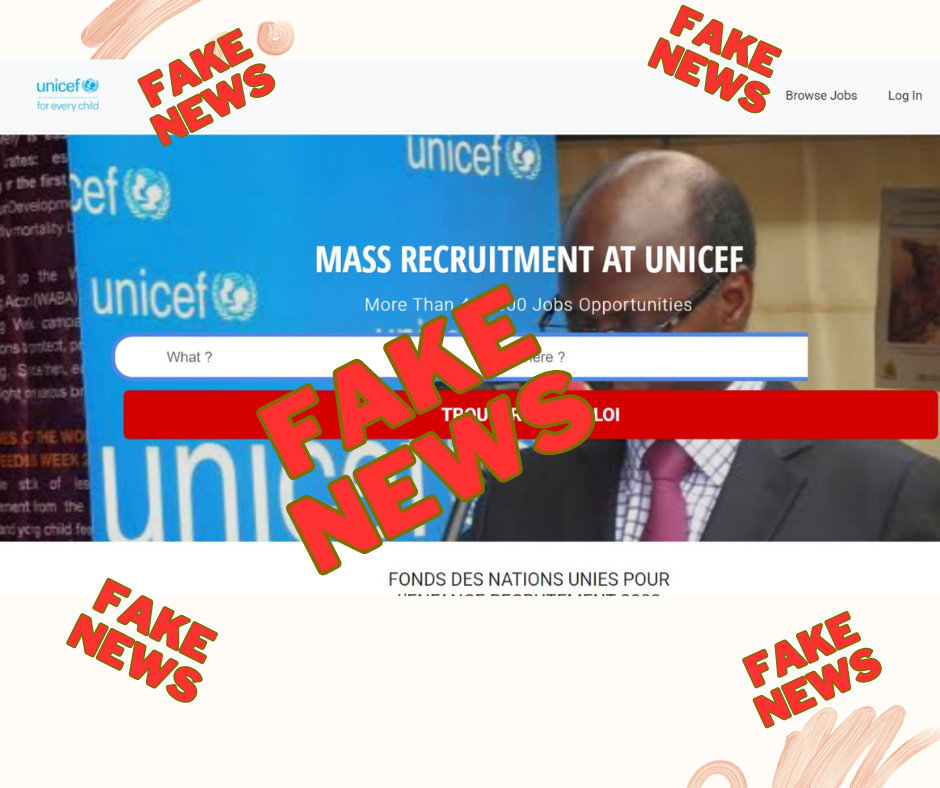Every child is free to express opinions and has the right to express opinions on issues that affect their social, economic, religious, cultural and political life. UNICEF, in support of the Congolese government, gives the floor to young people in the Democratic Republic of Congo (DRC) to defend their rights and be involved in decisions that affect them.
Aged from 10 to 17, Child Reporters are girls and boys of all social backgrounds working for the protection, education, health and participation of children in the DRC. Initiated to the International Convention on the Rights of the Child, Child Reporters are aware of their rights. Through training to understand and master basic journalistic techniques, Child Reporters are able to deliver their vision on the problems they encounter. They also learn to master advocacy tools such as videos, photos, public games and writing articles.

Presence of Child Reporters in DRC
The Child Reporters’ Program offers participants the opportunity to advocate for their rights by creating an environment that allows them to voice their concerns, ideas, recommendations and to be heard by decision-makers and leaders at all levels.
What do Child Reporters become after reaching the age of majority?
Some discover a vocation for journalism, humanitarian work or law. The skills acquired and the open-mindedness that this program offers to children are in any case a great openness to their country, its problems, the solutions that can be made.
Once the majority is reached, many Reporters – now Young Reporters and Young Supervisors – continue their commitment by mentoring the new generation of children. With their experiences, continue to contribute to building a more just and respectful society for their children.

